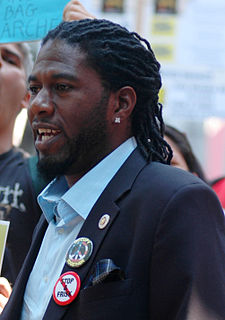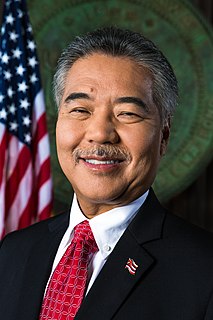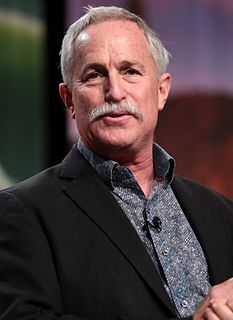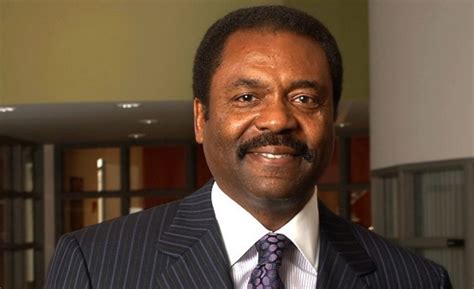A Quote by Michelle Wu
When we fall short of meeting community needs - for stable housing, safe streets, open space, reliable transportation, food access, a healthy environment - everyone faces greater vulnerability.
Related Quotes
Housing, it's not a plaything. It's not something that you can just play around with. It is, I believe, the rubric of family. It is the glue for a healthy community. And to have someone that really wants to dismantle any government involvement in making sure that every community has access to that is very scary. We should be worried.
All communities, and low-income communities especially because of food insecurity and lack of access to healthy foods, need more farmers markets, need more community gardens and urban farms. It would be great if people living in communities had the tools and resources to grow food in their own backyard - community-based food systems.
Across energy, food, transportation, housing, and all of that, very little of our progress is going to be through getting people to voluntarily consume less. People resist that tremendously. What we have to do, if we want to succeed, is provide more of the clean, non-polluting, climate-safe options in all of these.
Cities must urge urban planners and architects to reinforce pedestrianism as an integrated city policy to develop lively, safe, sustainable and healthy cities. It is equally urgent to strengthen the social function of city space as a meeting place that contributes toward the aims of social sustainability and an open and democratic society.
From a business perspective, the question related to cities and sustainability is clear and compelling: can you have a healthy company in an unhealthy city? Arguably, no. Companies need healthy cities to provide reliable infrastructure, an educated and vital workforce, a vibrant economy, and a safe and secure environment to survive and thrive. Business executives have a lot to learn from cities, and a lot to contribute, and this book shows the way, chronicling the successes and the lessons learned about what it takes to make a city healthy, in every sense of the word.

































